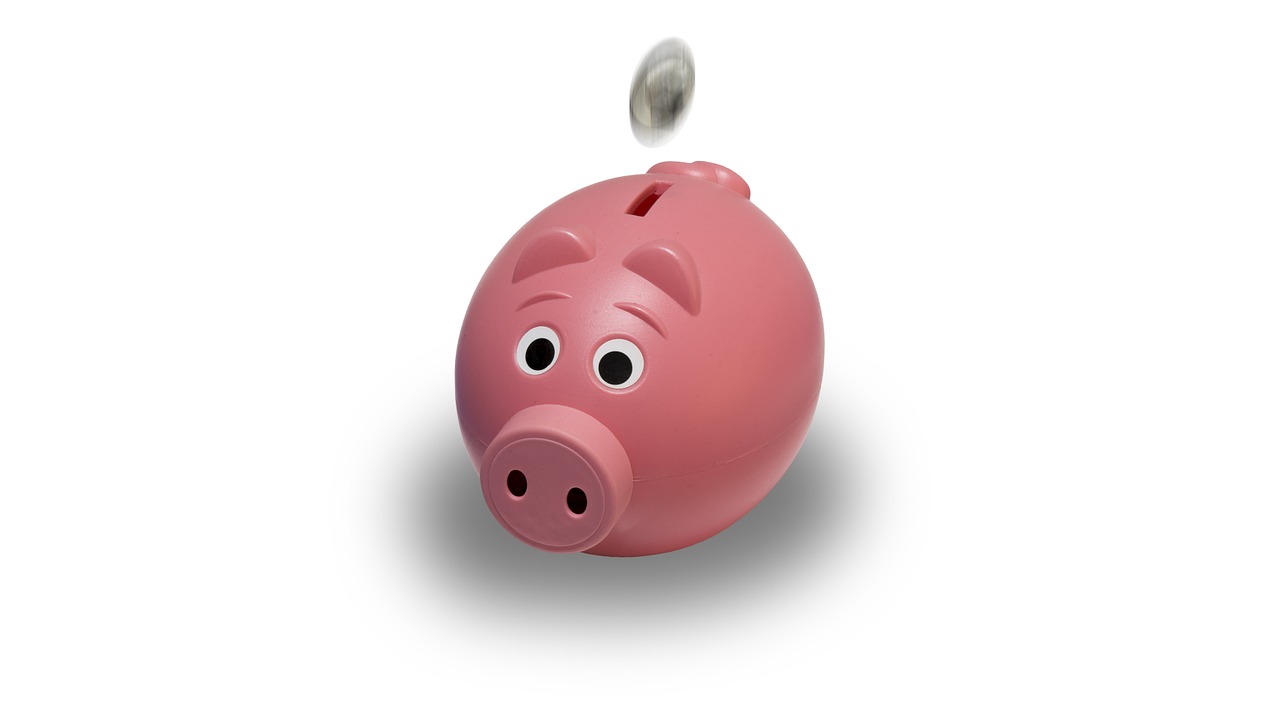
Opening a Bank Account in Ireland:
If you move to Ireland from overseas you will not get too far without an Irish bank account. Unless your employer pays you by cash- you will need a bank account within a month or two.
Bank of Ireland , Allied Irish Bank , KBC and PTSB are the major “bricks and mortar” banks that operate current accounts in Ireland. All have debit cards, online banking, electronic payments and branch facilities.
N26 Bank
N26 Bank first launched in Ireland in December 2015 and now has around 200,000 in Ireland.
It is a fully online bank wih a full European banking licence and funds are covered by the German Bank guarantee (up to €100,000).
The Central Bank of Ireland regulates N26 for the conduct of business rules in Ireland.
You will need a smartphone to register and set up an N26 account. However, most of the N26 banking functions can also be carried out on laptops, tablets and PCs .
Opening an account can be done in a few minutes – all you need is your passport .
An account with N26 has a bank account number and IBAN – the same as any “mainstream” bank.
Customers can pay in their salary and set up Direct Debits.
N26 , being branchless, does not deal with cash or cheques – (but how often do you need to do that these days?)
ID Required
Most Irish banks will require proof of your address in Ireland – normally a utility bill. This could take up to 2 months to get – so be prepared for a delay. The bank will also require your PPS number, your passport and details of any previous bank accounts you have had. Proof of address is not required by N26.
Bank Charges
It used to be possible to get free banking in Ireland – but all the banks now apply some charges to current accounts. There are ways to avoid these charges -such as keeping the balance above a certain amount or lodging a minimum amount each month.
One possible way to avoid some bank charges would be to get a current account from online bank N26 . They have no fees on debit card spending here or anywhere in the Eurozone. They are online only – and don’t cater for cash or cheques. Many people use them as a main bank account in Ireland.
See more details of Current Account Charges in Ireland
Stamp Duty
Even if the banks don’t charge you for day to day transactions – Banking is still not completely free in Ireland. Everyone has to pay 50 cent government tax on each cheque you write and €30 euro a year stamp duty on credit cards and up to €5 euro a year on debit cards.
See some information here about Opening a Sterling account in Ireland

